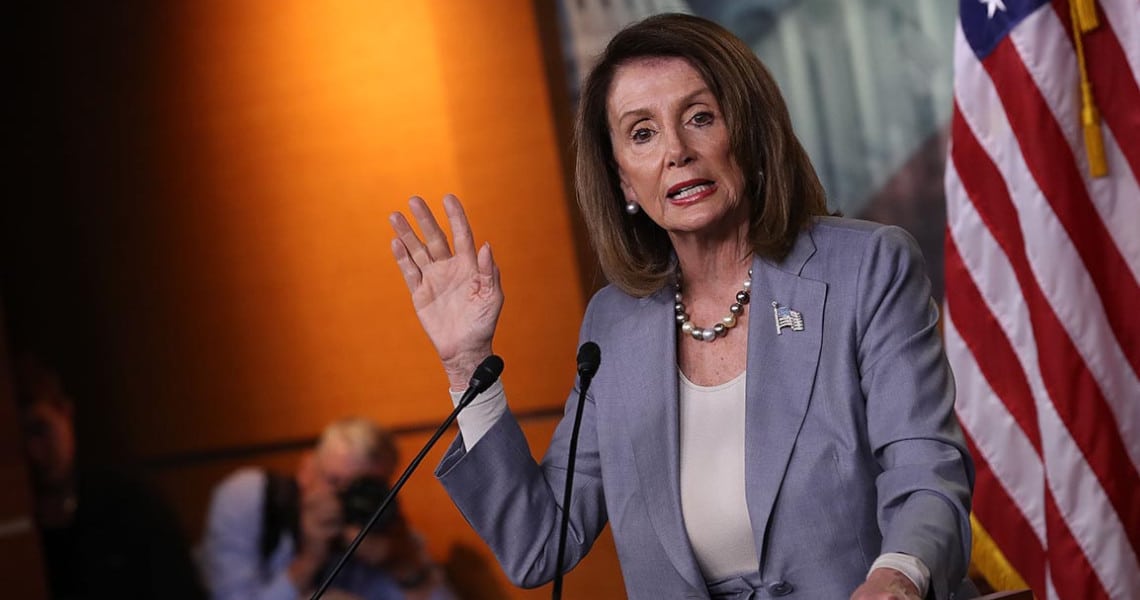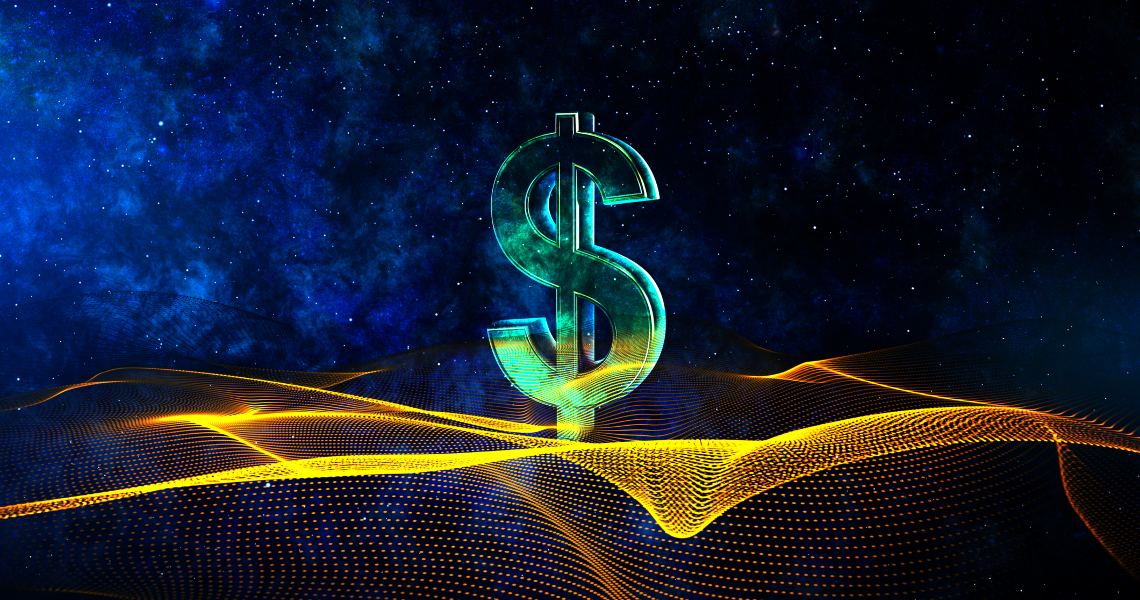A new US bill opposes the Republican approach and advocates for a digital dollar capable of injecting cash directly into citizens’ wallets.
Democrats seem to dislike the economic stimulus planned by the Republicans, which is why Nancy Pelosi, Speaker of the House of Representatives, came out with the proposal.

As an alternative to the bailout of companies through the financial allocation made in collaboration with the FED, Democrats suggest embracing a policy closer to the principle of Milton Friedman’s Helicopter Money.
In 2016 there was talk of FEDCoin in reference to the proposals of the US central bank to introduce a digital dollar, but everything has been silent until now.
The situation is tempting now, a capillary allocation by the FED under the slogan “direct stimulus payments to families”.
The proposal involves $2,000 for every citizen who earns less than $75,000 a year, a level above which the contribution will decrease. Payments will only be granted until the country is able to get out of the economic crisis that is affecting the whole world as a result of the Coronavirus.
The bill of the Republicans has been criticized for focusing on bailing out big businesses, Democrats are now prioritizing the finances of ordinary citizens with the Digital Dollar proposal.
The bill is huge: over a thousand pages in the proposal that aim to distribute up to $1.8 trillion.
Covid19 as a Trojan horse
COVID19 thus becomes a Trojan horse: streams of money capable of allowing people to join a new digitalized monetary system.
The Cashless society is emerging, and the beginning of the end of cash seems to have begun.
The shock wave in the world of public blockchains will be powerful, this kind of initiatives has strong repercussions on the category that poses itself as an alternative to the centralized control of electronic money. Bitcoin and Ethereum, in case the democratic initiative passes, could have the spotlights on them.
The bill also stresses a point that shouldn’t be underestimated, the rights to receive the contribution will pass through physical or digital identification.
The aid is also aimed at those people who do not have identity documents or access to a banking system, a system that stimulates the exit from the grey areas of the US citizens most at risk: illegal immigrants, poor or homeless.
A good way to increase the control and traceability of payments, habits and activities of American citizens. Not even George Orwell would have thought so much, but when it comes to health, even the most dangerous measures for people’s freedom could pass.
The model that will be implemented has not yet emerged, but it is clear that the blockchain system, in one form or another, will certainly be used.



